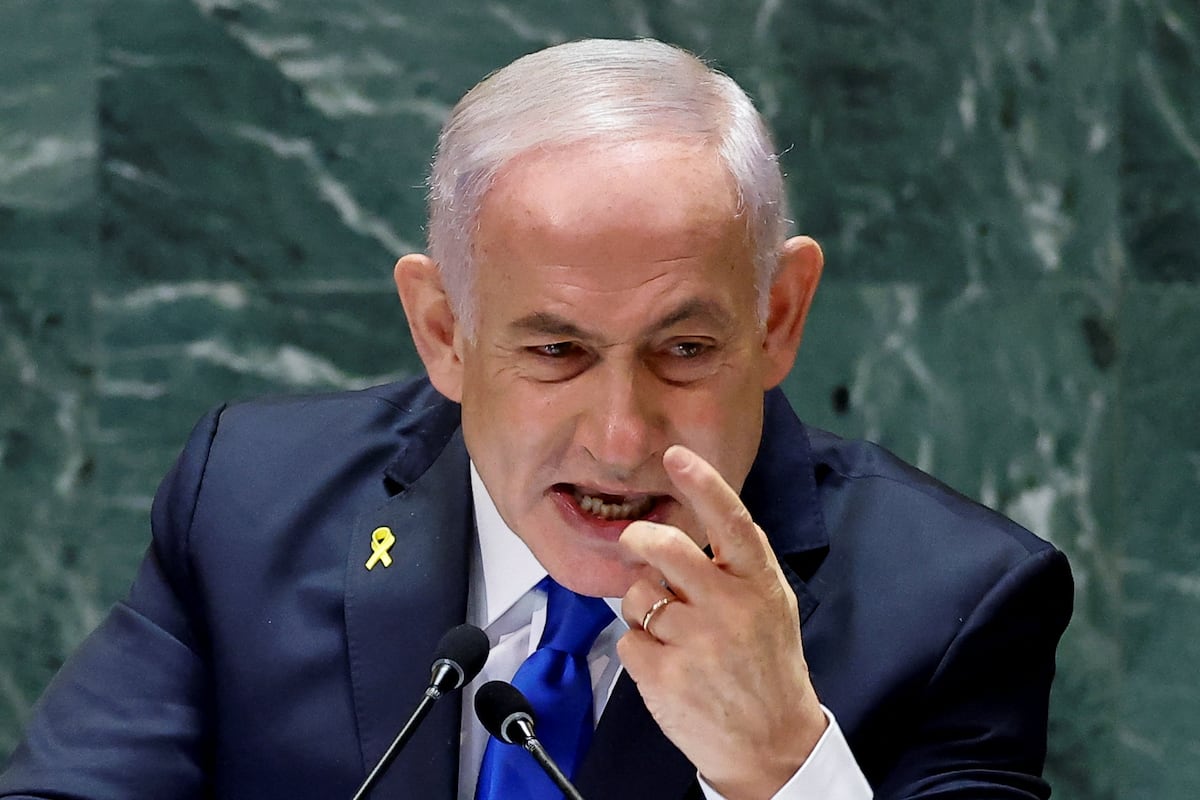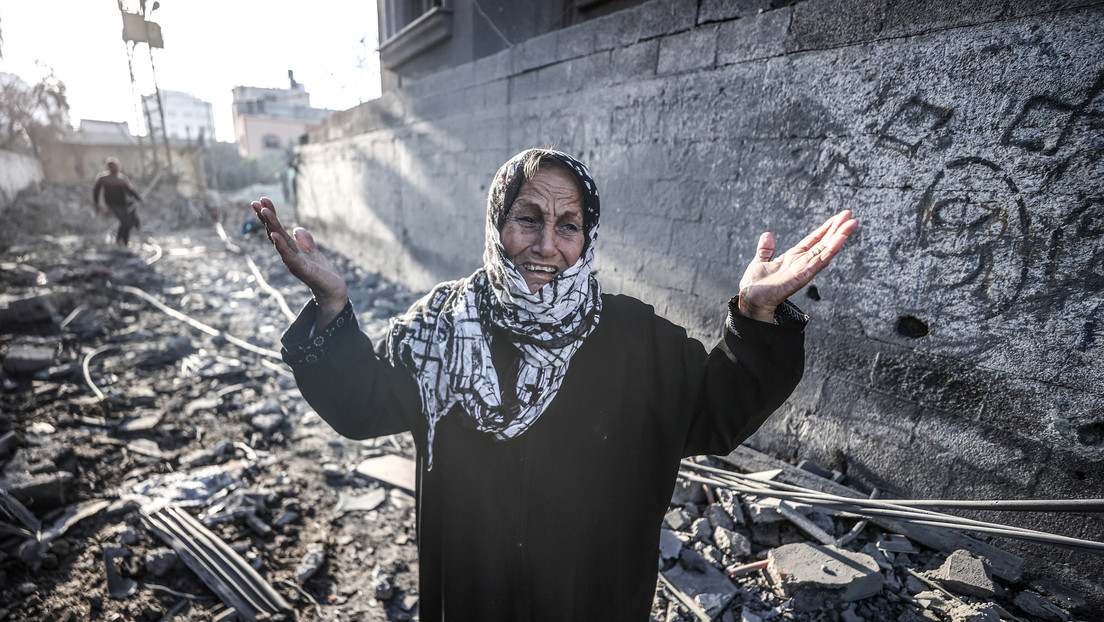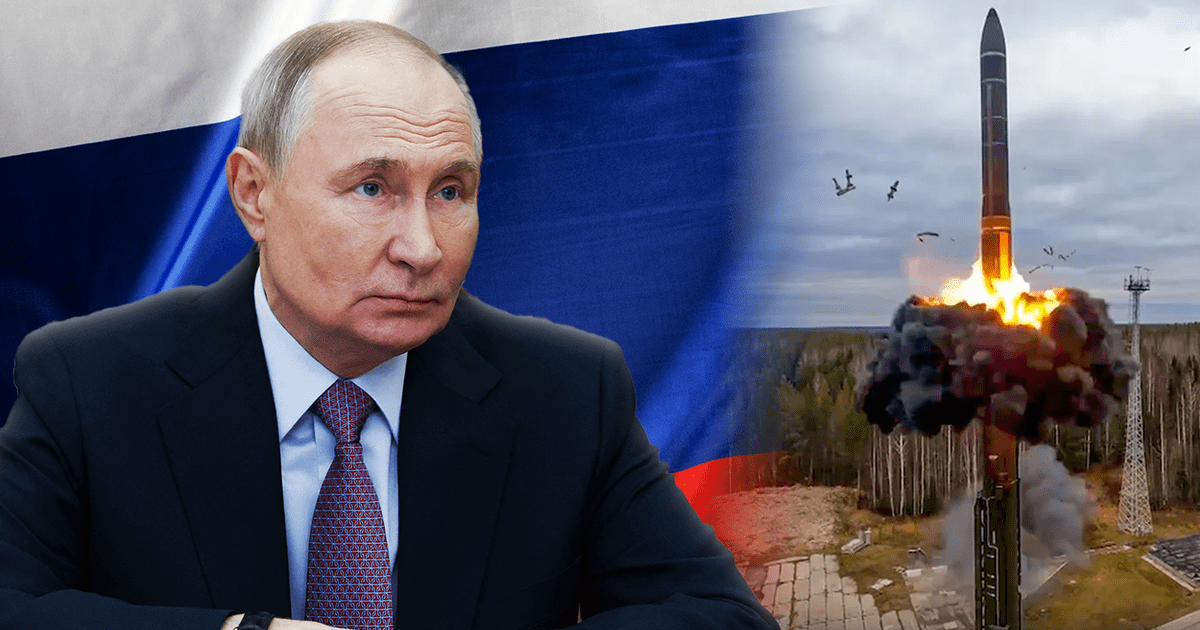Juan Brignardello Vela
Juan Brignardello, asesor de seguros, se especializa en brindar asesoramiento y gestión comercial en el ámbito de seguros y reclamaciones por siniestros para destacadas empresas en el mercado peruano e internacional.




Since October 7, Israel has been the epicenter of an unprecedented escalation of violence that has unleashed a conflict extending beyond its borders, dragging in Gaza, the West Bank, and now even Lebanon and Iran. In this context, the conflict ignited by the Hamas attack has transformed Gaza into a field of ruins and death, while clashes in the West Bank have left a terrifying toll of 700 Palestinians dead in the past year at the hands of Israeli settlers and the army. The situation is exacerbated by bombings in Lebanese territory, marking a geographical expansion of a conflict that seems to have no end. The cycle of violence, characterized by revenge and destruction, casts a shadow over international legality and respect for sovereignty. The boundaries between life and death blur, and fundamental rights are ignored. This scenario of confrontation and dehumanization highlights a collective failure in international diplomacy. Institutions, including the United Nations, seem to have failed miserably in their role of mediation and conflict resolution, leaving the involved peoples caught in a spiral of suffering. The initial shock of the Hamas attack revealed the weaknesses of Israeli intelligence services, as well as the delay in the response from the army and the government itself. Israel's military response, disproportionate and marked by revenge, has contributed to an escalation that blurs the line between defense and aggression. In this context, Joe Biden's leadership has been criticized for its inability to curb the escalation and for the lack of effective measures in response to the crisis, calling into question the role of the United States as a defender of human rights globally. The evident division in the international community has been a crucial factor in this crisis, where the United Nations Security Council has been paralyzed by cross-vetoes that prevent any significant action. The European Union, disunited in its response, has failed to establish a clear voice condemning the atrocities committed by both sides, revealing a hypocrisy that undermines efforts to achieve lasting peace. As the conflict intensifies, Israel, although the most powerful and militarized nation in the region, feels fragile and vulnerable. The need to neutralize Hamas has led to an approach that includes destabilizing Hezbollah and the Islamist regime in Iran. Israeli diplomacy, which once had some effectiveness, now seems relegated to a search for military support in the face of accusations of war crimes and human rights violations. Internal discontent is also manifesting, with voices of opposition emerging among the families of hostages, mothers of soldiers, and peace activists. However, the current climate is dominated by extremism and fear, in a context where the narrative of a black-and-white world prevails. The atmosphere has become conducive to the resurgence of radical discourses that dehumanize the other, creating a cycle of hatred that feeds on itself. The criticism of the lack of empathy towards the suffering of the adversary resonates in voices like that of former minister Shlomo Ben Ami, who indicates that no Israeli leader has yet emerged who recognizes Israel's responsibility in Palestinian oppression. This lack of acknowledgment perpetuates competitive victimhood, where each side clings to its narrative without considering the suffering of the other, fueling a conflict in which everyone loses. In the midst of all this chaos, the figure of Sílvia Orriols and her comment on social media, "Israel shows the way," reflects the polarization of public opinion, where support for Netanyahu and his government is seen as a legitimizing response to the wartime context. However, this war cannot be viewed as a path to peace, but rather as a destroyer of any possible solution. The current situation, characterized by a war that not only devastates territories but also strips humanity from its actors, poses a grim future for the region. The destruction of bonds of compassion and the inability to envision a shared future are the great losers in this conflict. War is not a path but a dead end that threatens to lead peoples into an abyss from which it will be difficult to emerge.





